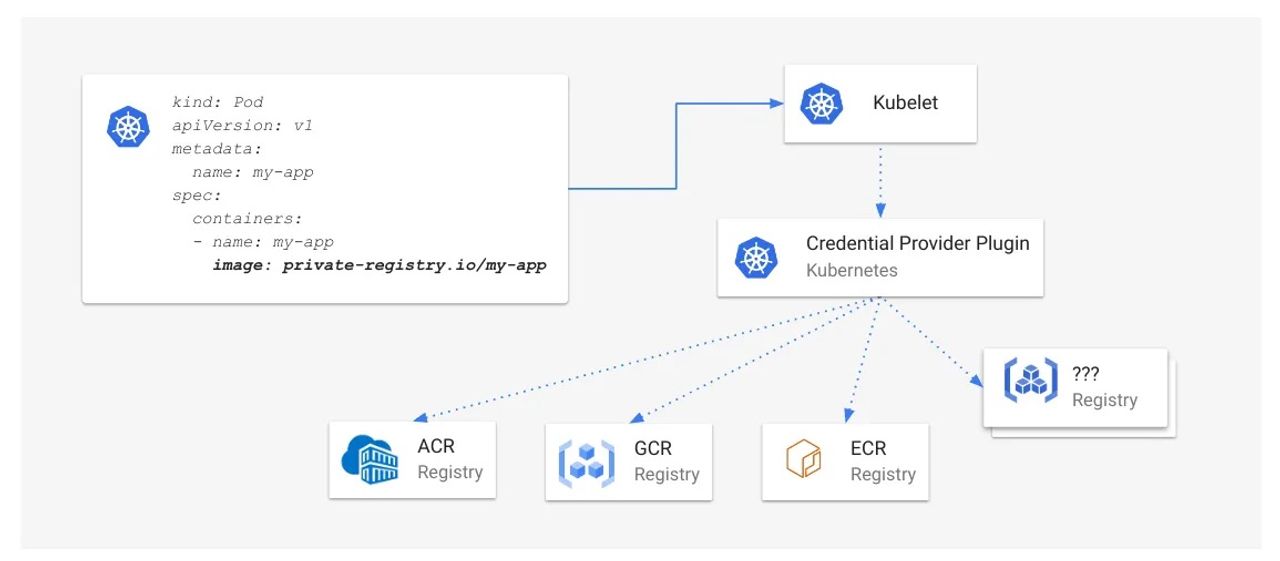It’s not often that we, as PHP developers, need to worry about memory management. The PHP engine does a stellar job of cleaning up after us, and the web server model of short-lived execution contexts means even the sloppiest code has no long-lasting effects.
[…]
In an asynchronous execution model (like with multi-process or multi-threaded PHP applications), both CPU and memory usage are important considerations. In traditional PHP architecture, these generally become a problem when either one reaches the limits of the server.
[…]
The memory usage is slightly less (at 400KB), but the result is the same. If we didn’t need the memory information, we could just as well print to standard output. In fact, PHP provides a simple way to do this:
[…]
Here, we can see the php://filter/zlib.deflate filter, which reads and compresses the contents of a resource. We can then pipe this compressed data into another file. This only uses 896KB.
[…]
Streams have been extensively covered in “Understanding Streams in PHP” and “Using PHP Streams Effectively”. If you’d like a different perspective, check those out!
[…]






